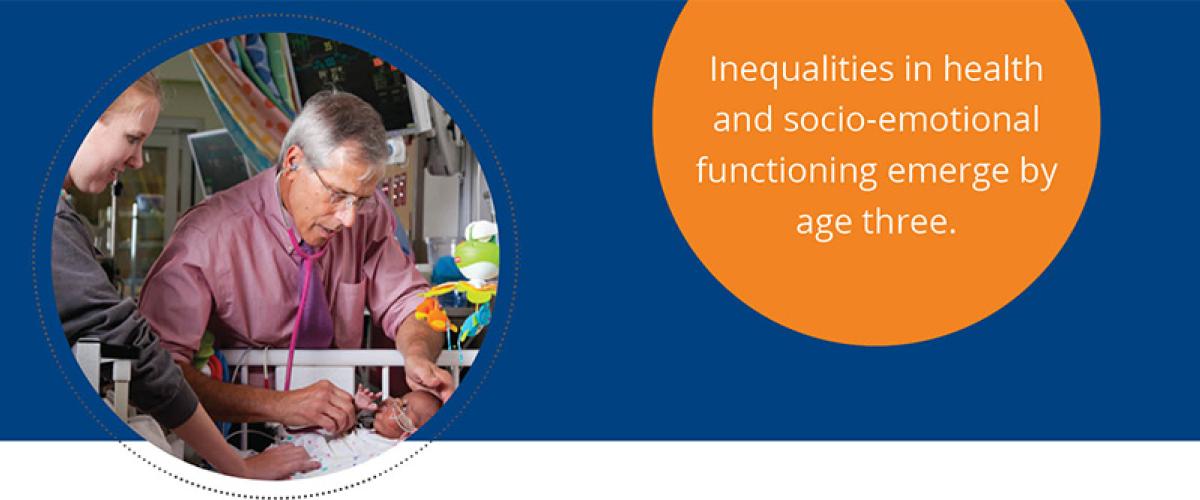
Prenatal and childhood development influences health and disease risk for the entirety of an individual’s lifespan. The molecular underpinnings of diseases such as asthma, metabolic syndrome, heart disease, and neuropsychiatric diseases originate in pre- and early postnatal life. These biological processes can be exacerbated by extrinsic factors such as environmental exposures, socioeconomic status and stress that, over time, result in adult diseases that represent substantial health care and economic burdens.
An impressive body of highly-regarded research has demonstrated that early childhood development directly influences long-term health, economic and social outcomes for individuals and society. Early exposure to adverse influences – social, economic, health or environmental – can create health deficits that last a lifetime. By identifying early risk factors and mitigating prevention and treatment strategies, the health of society as a whole can be improved.
Duke's research will inform early prevention, risk screening and treatment, as well as provide training opportunities for the next generation of clinician-scientists to learn from Duke’s cadre of experts.
Problem:
- The origins of childhood and adult diseases often begin in prenatal and early postnatal life.
-
Early exposure to adverse influences – social, economic, health, or environmental – can create health deficits that last a lifetime.
-
Inequalities in health and socio-emotional functioning emerge by age 3.
Solution:
- Identify early life risk factors across four key drivers of health:
- Genes and Biology
- Physical Environment
- Health and Behavior Needs
- Social and Economic Factors
- Elucidate mechanisms underlying early effects on long-term health.
- Utilize Duke’s unique data resources to understand the effects of these factors on population health.
- Develop novel preventative, diagnostics, and therapeutic modalities to improve both individual and population health.
Impact:
- Develop preventive strategies, diagnostics and early therapies to promote health in child and adult populations.
- Identify and mitigate early risk factors and life adverse events, and improve the health and well-being of children and society as a whole.
- Gain new insight into the factors that contribute to health and well-being.
- Develop novel preventative, diagnostic, and therapeutic strategies for diseases that begin early in life.